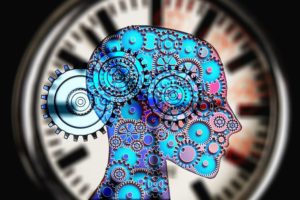From openDemocracy: “All over the world we’re succumbing to polarisation, tribalism and sectarian thinking. The erosion of our sense of common ground is preventing us from responding to some of the toughest and most urgent challenges we’ve ever faced, like climate breakdown, hyper inequality and mass extinction.
Whether we manage to find our way through depends primarily on what goes on inside our minds – on whether we’re able to manage our mental and emotional states at a time of extraordinary turbulence; whether we reach for the right stories to explain what’s happening at this moment in history; and above all, whether enough of us can see ourselves as part of a larger ‘Us’ instead of a ‘them-and-us,’ or just an atomised ‘I.’
Our future depends, in other words, on collective psychology . . .
We usually think of the problems we’re facing in the real world – climate breakdown, mass extinction, inequality, poverty – in a different category from our crises of mental health, like our epidemics of depression, anxiety, suicide, and self-harm, especially among the young.
But actually, our inner and outer crises aren’t separate. Take depression or anxiety. We used to think that they were caused by imbalances in brain chemistry, and that the way to treat them was simply to take drugs to redress the imbalance. Now though, we’re realising that they have deep roots in how our ways of living fail to meet the psychological needs of many – and maybe most – of us . . .
It turns out that ultimately, democracy depends on citizens who can manage their mental and emotional states, feel empathy for each other, and share a sense of common identity and purpose – things in which we’ve invested next to nothing.
So right now, our internal and external crises are reinforcing and amplifying each other, creating a situation full of risk. How do we interrupt this dynamic?”












